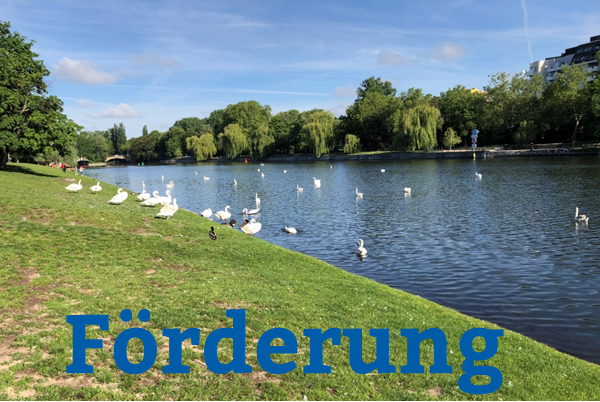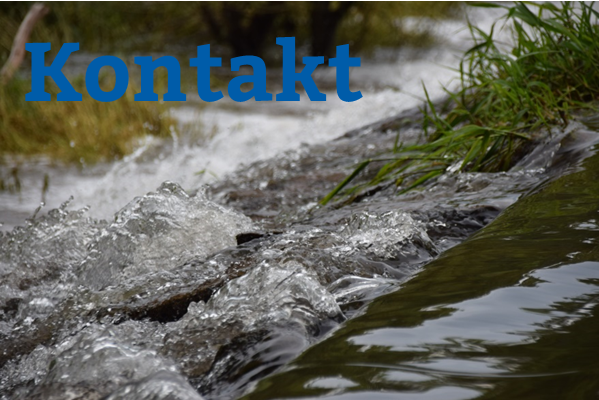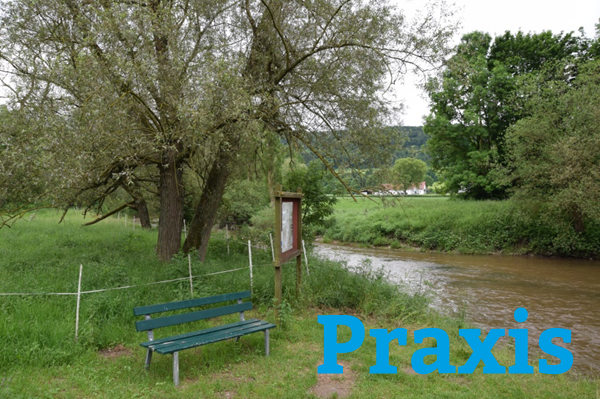The AQUATAG project aims to address the following questions:
Which recreational activities are carried out on which water bodies and when?
What role do water quality, infrastructure, distance to conurbations and visitor density, but also ecological quality and biodiversity play in the choice of the water body, the timing and perceived quality of recreational activities?
What pressures on water ecosystems result from recreational uses?
How do these behave in relation to other pressures (stressors) and do they have measurable effects on the ecological status?
In what way do users adapt their recreational activities to an unfulfilled recreational quality?
How can demands on recreational quality and water protection be harmonized by adapted management systems?
These questions are reflected in the project structure through work packages (WP) 1 to 6 as shown in the figure. Depending on the WP, the work is carried out throughout Germany and in the model regions, whereby all participants are in close interdisciplinary exchange to harmonize the contents (TeamThe research on the social (red) - ecological (green) system and its spatial-temporal characteristics (grey) are framed (blue) by the joint development of management recommendations and the involvement of the Practical partners.
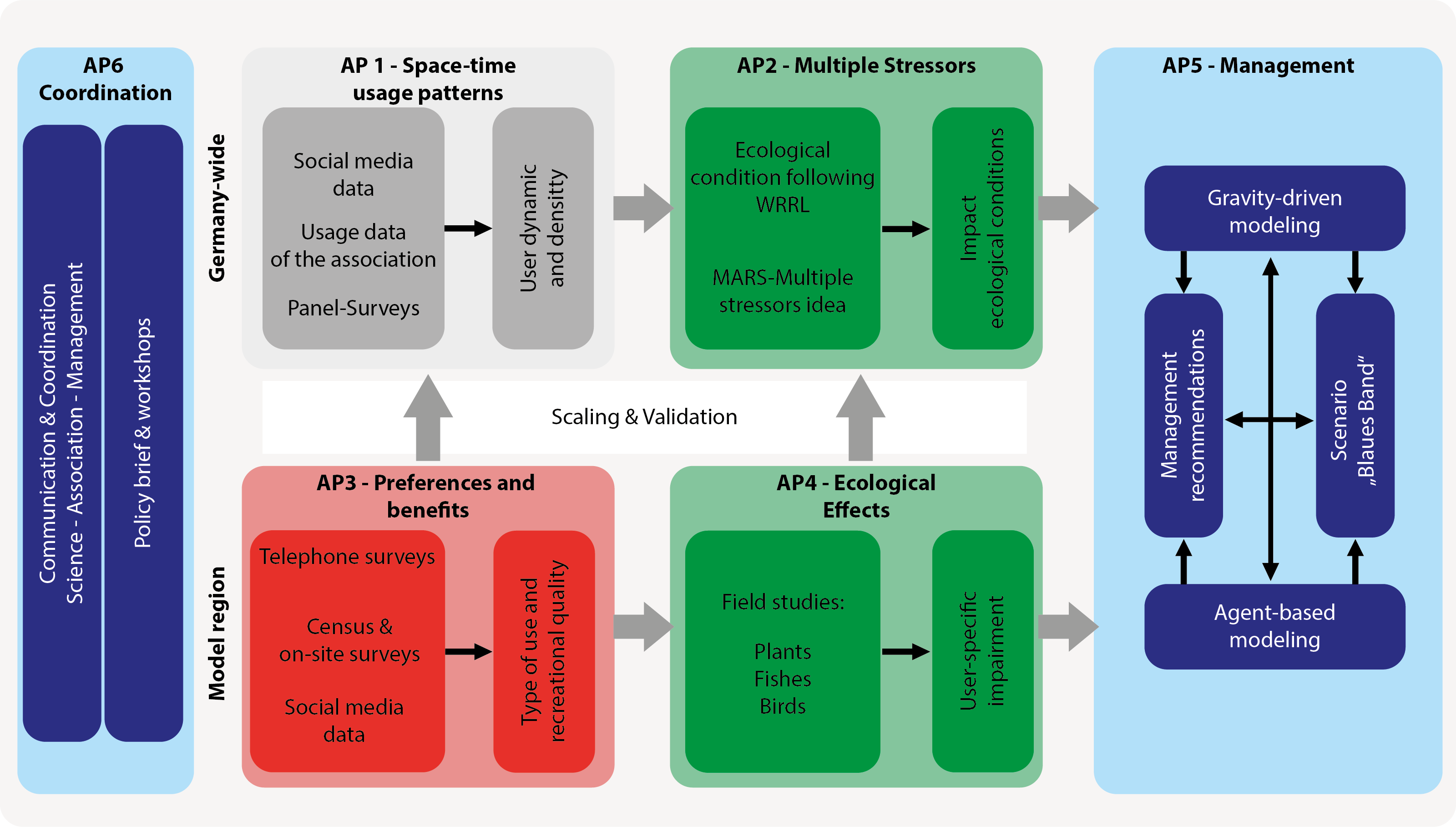
Space-time usage patterns

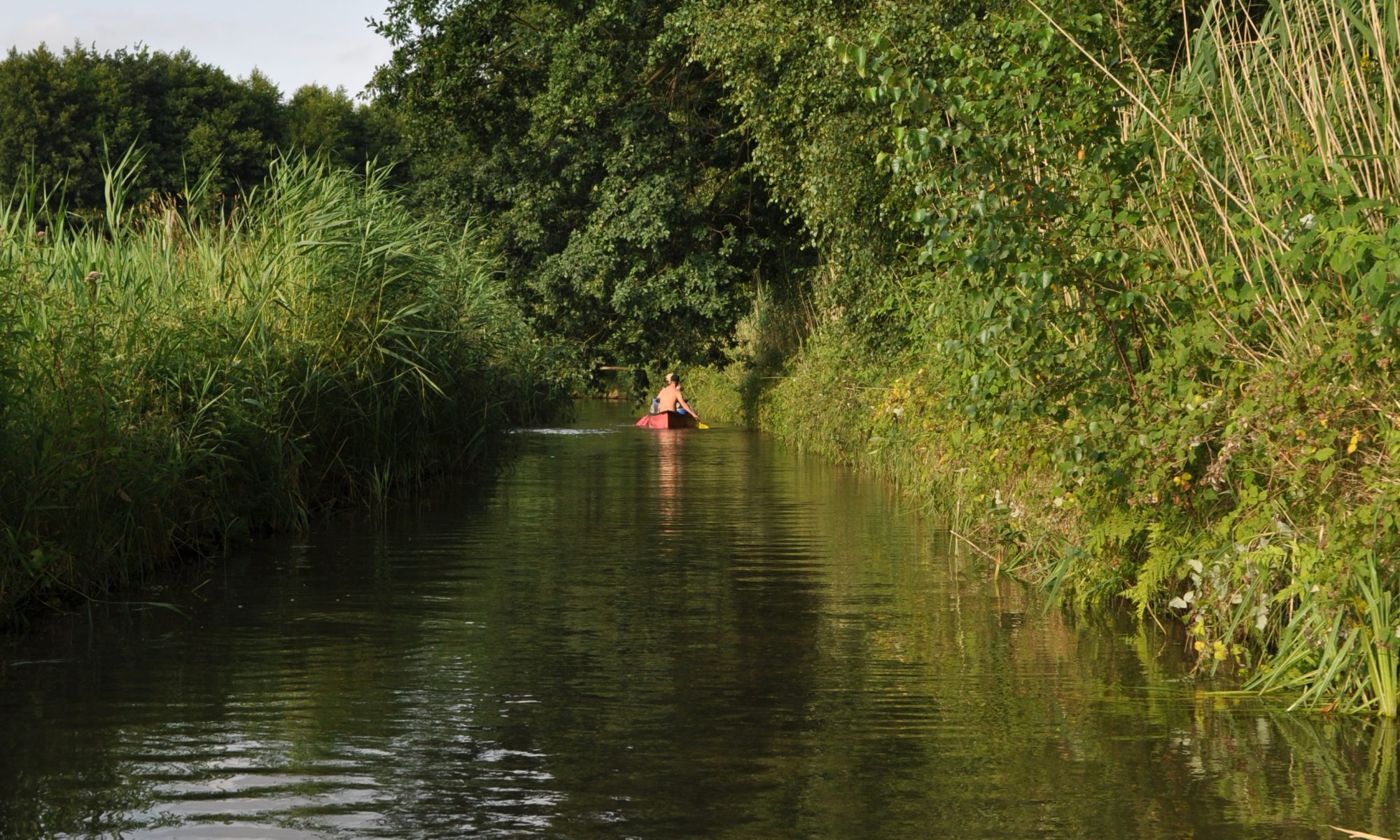
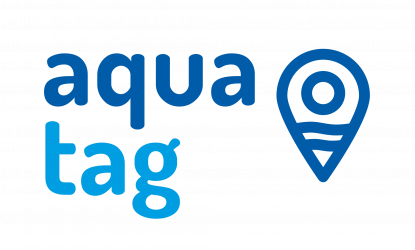

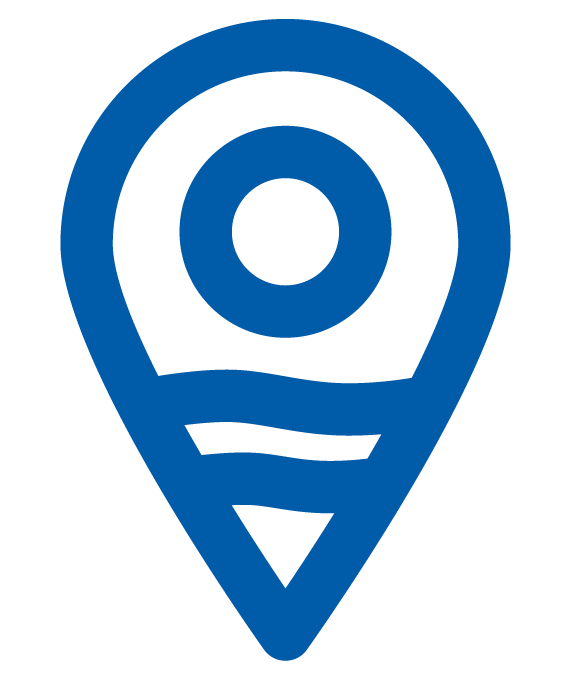 WP1
WP1
